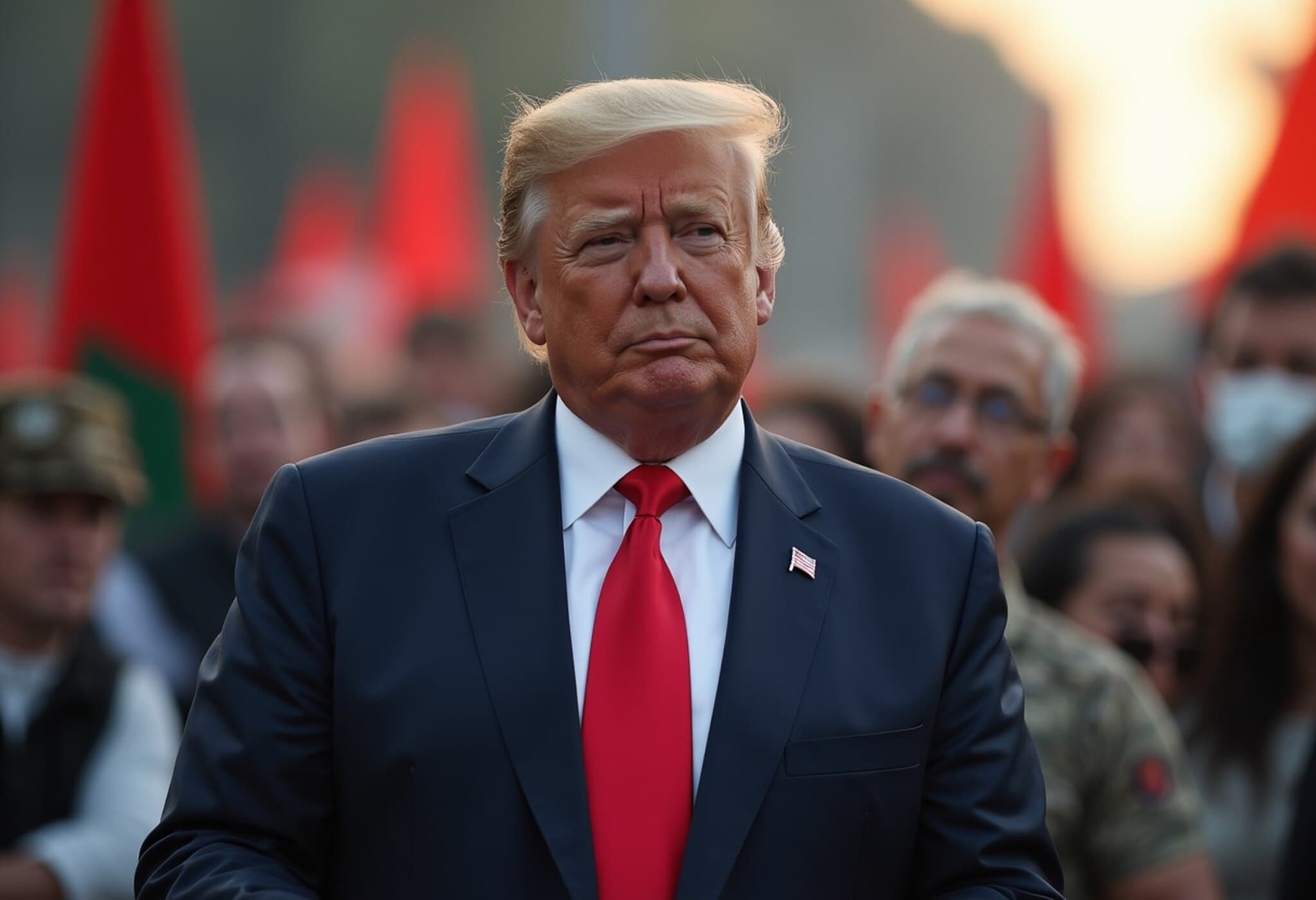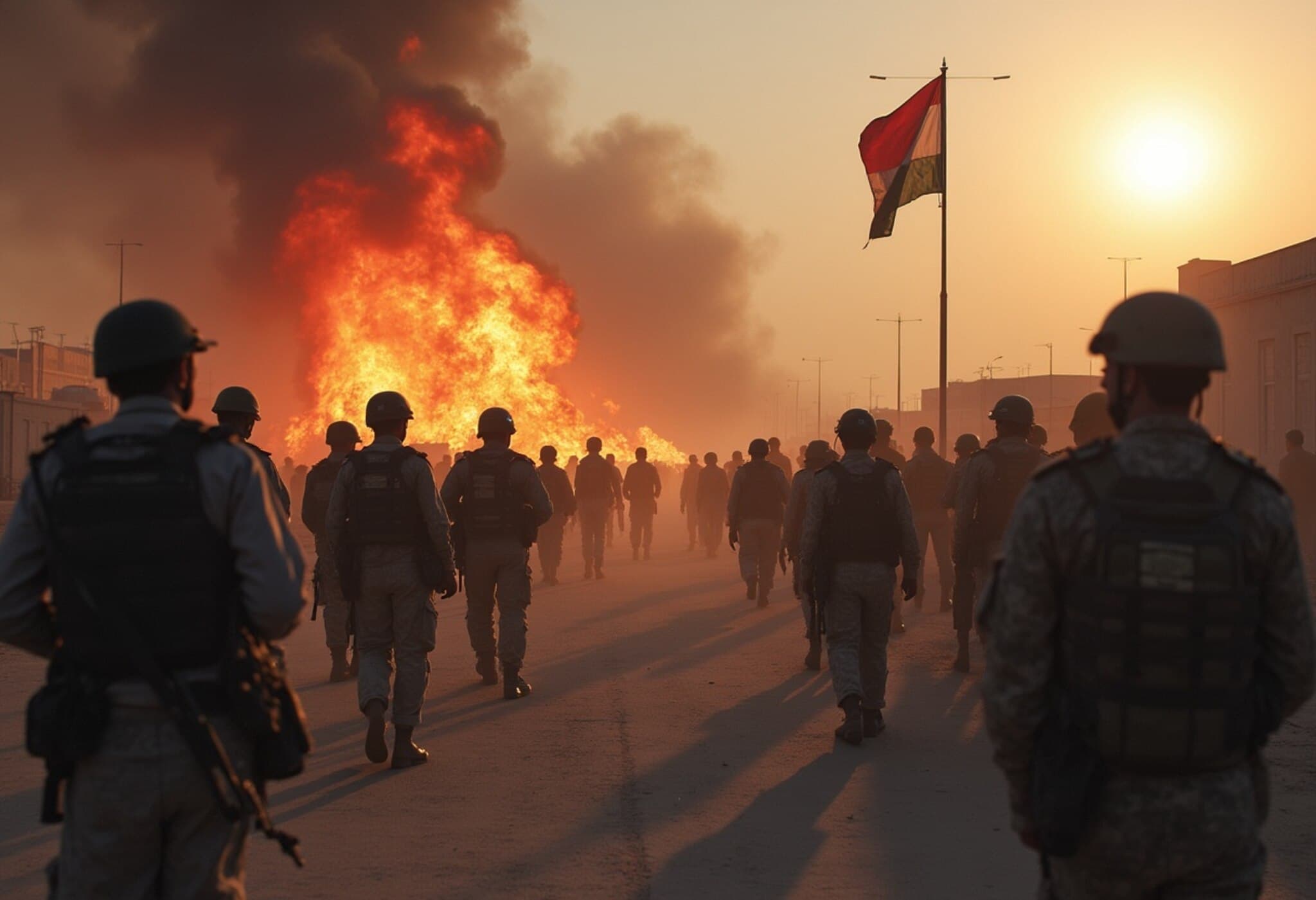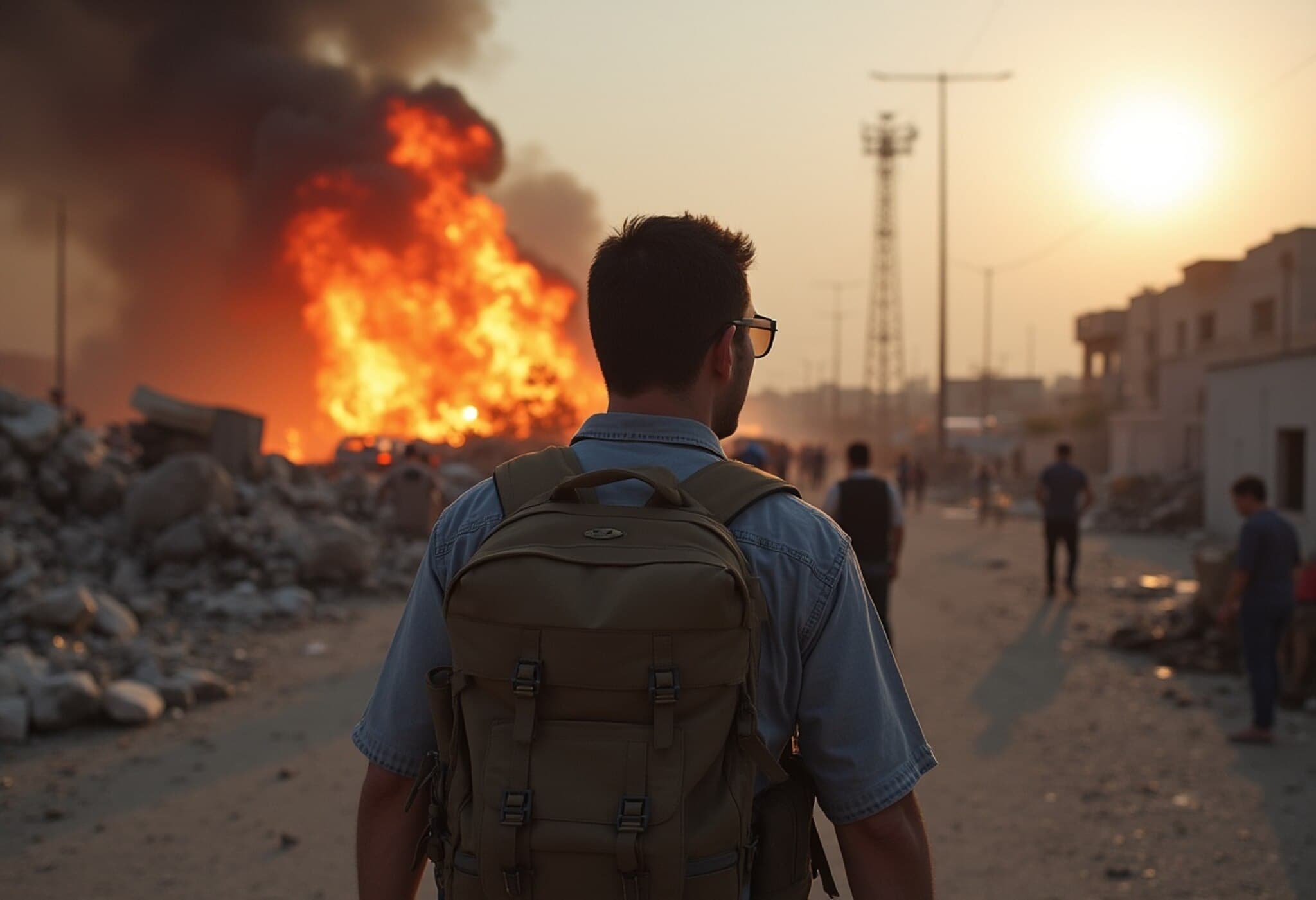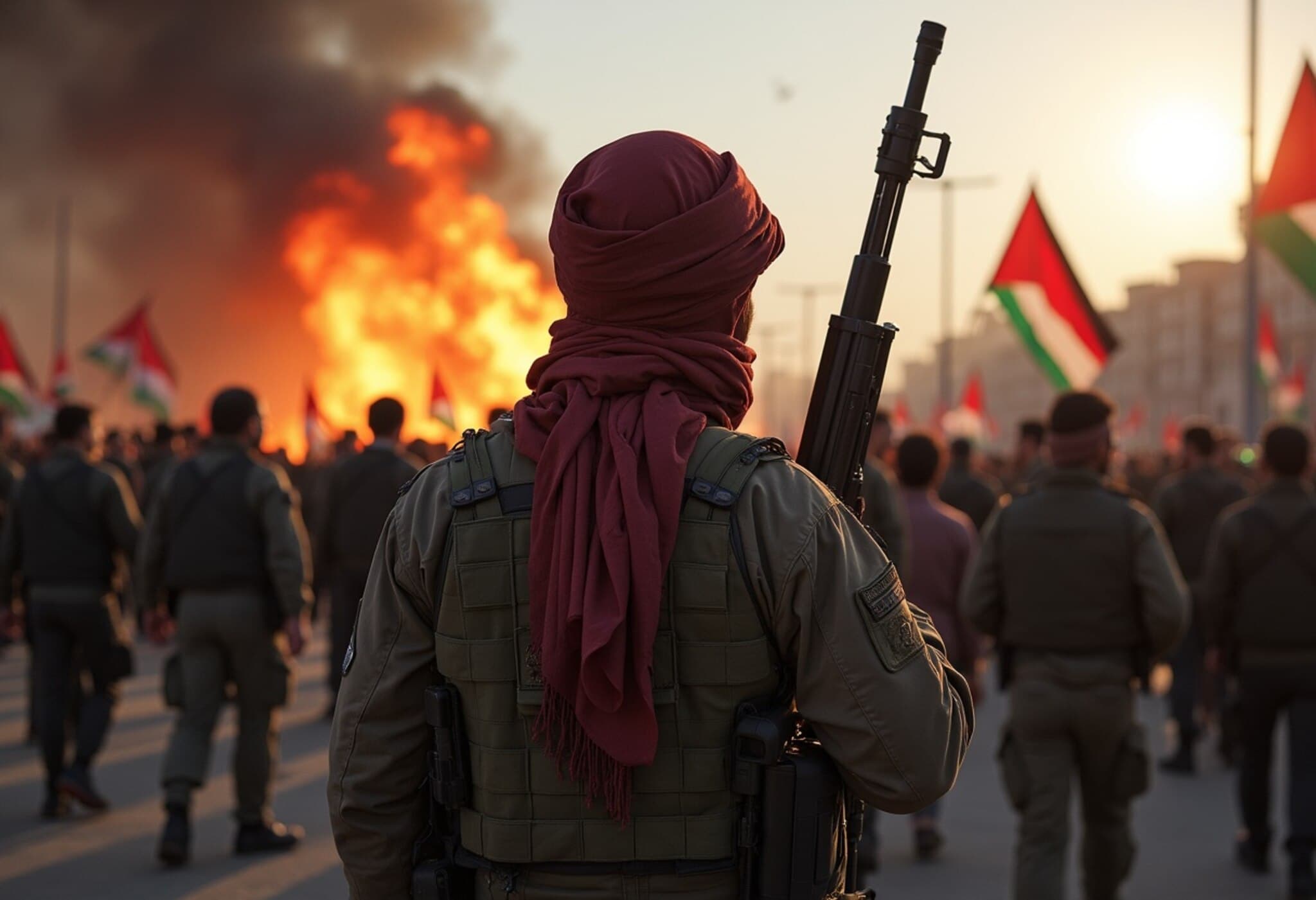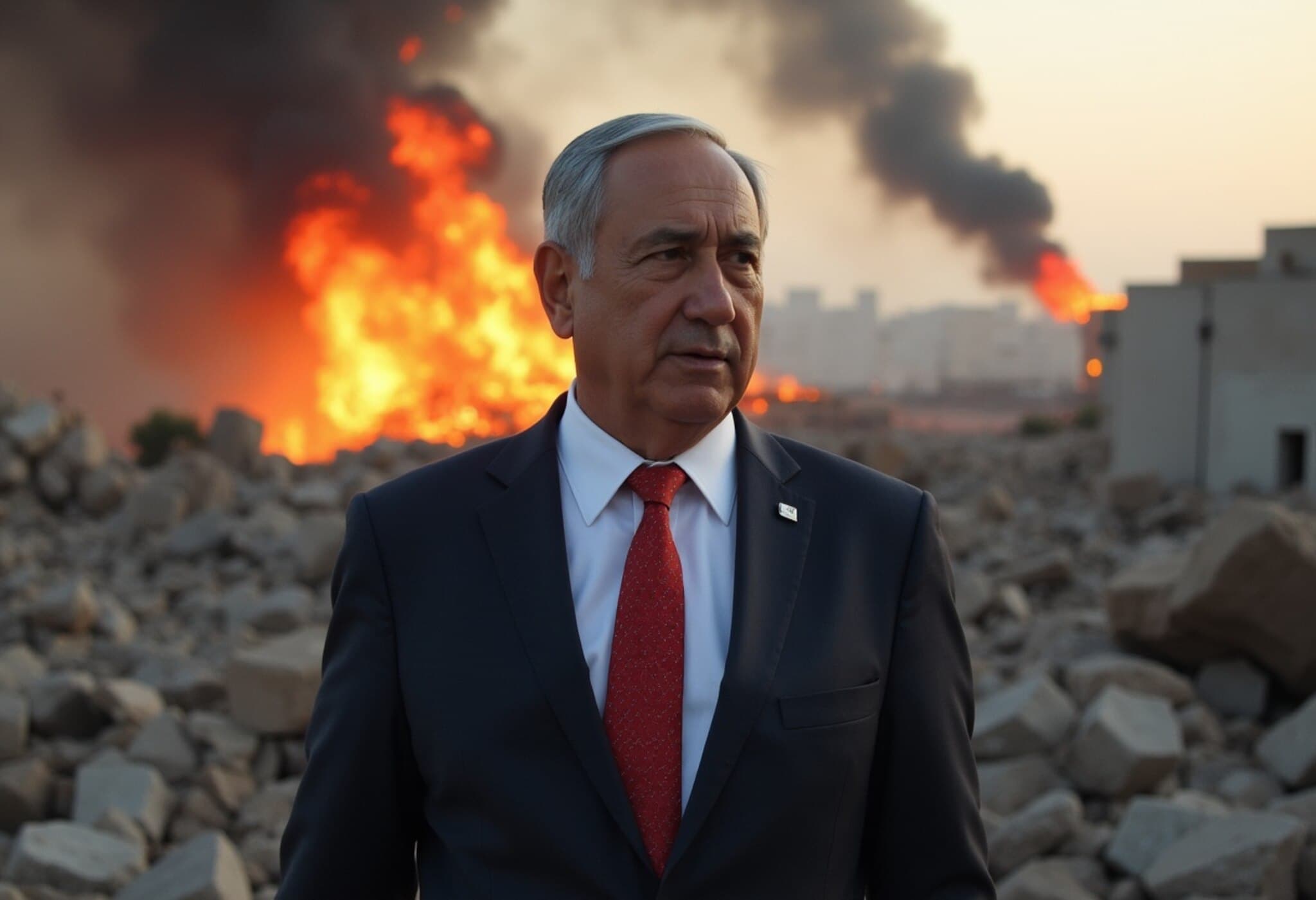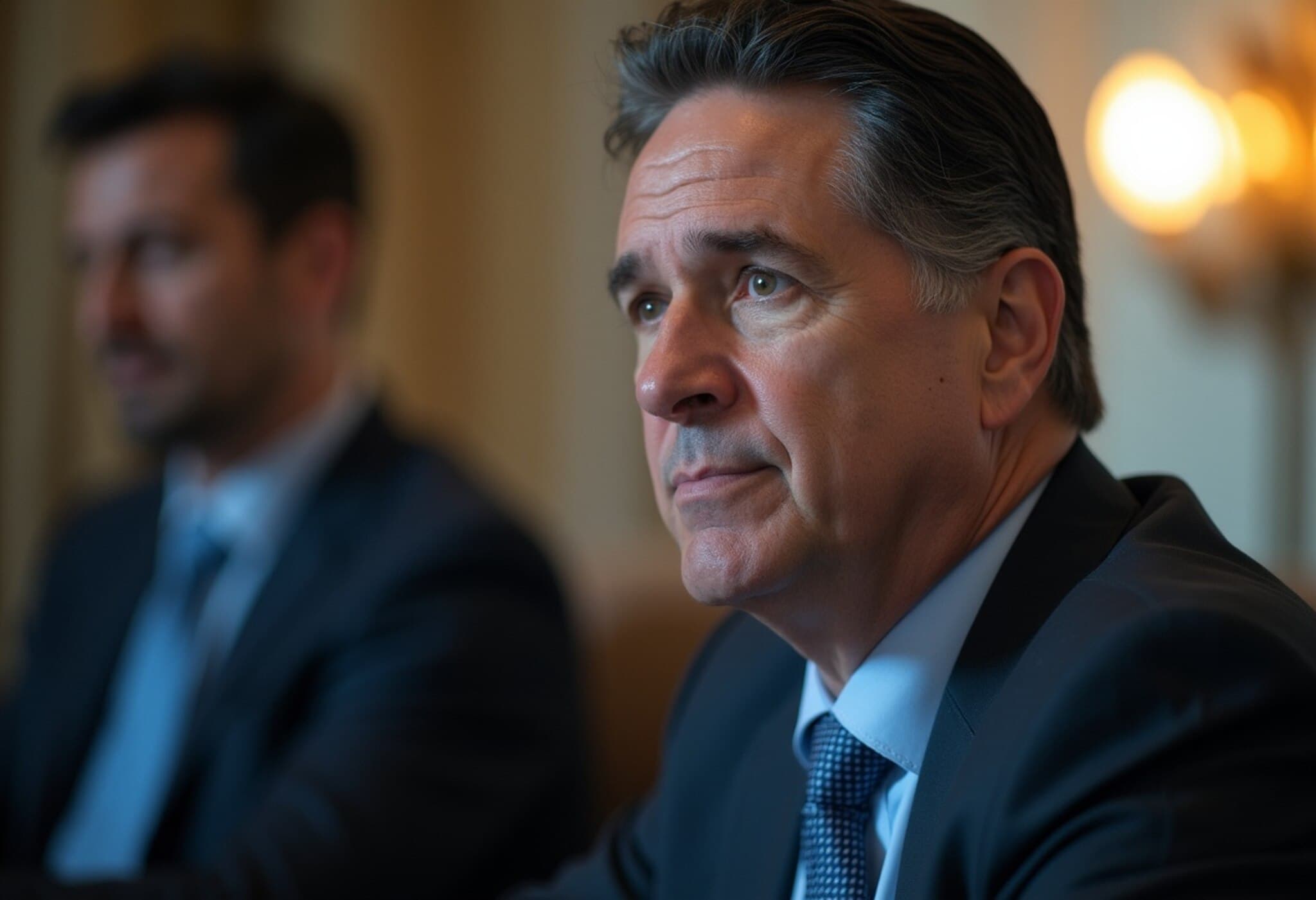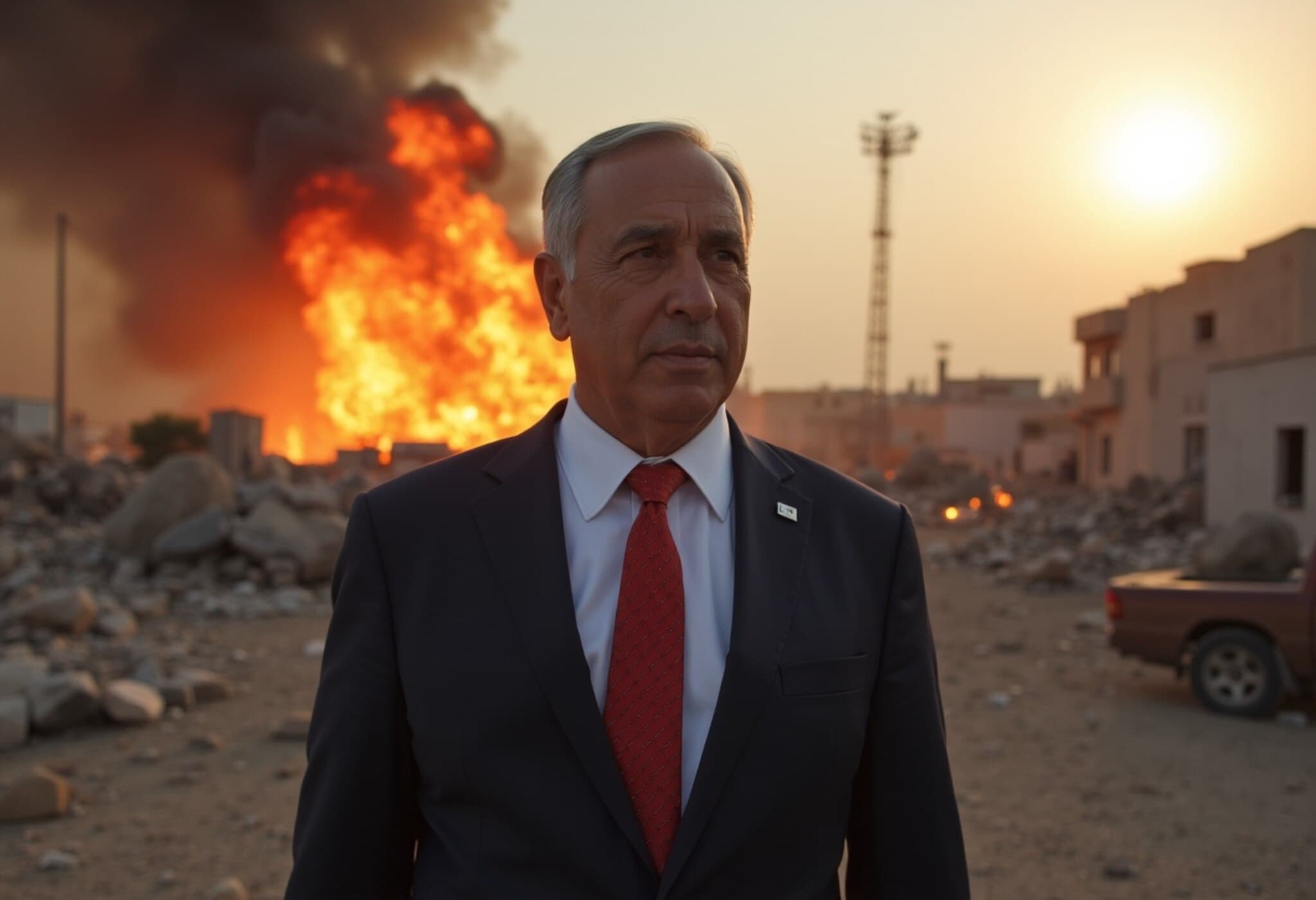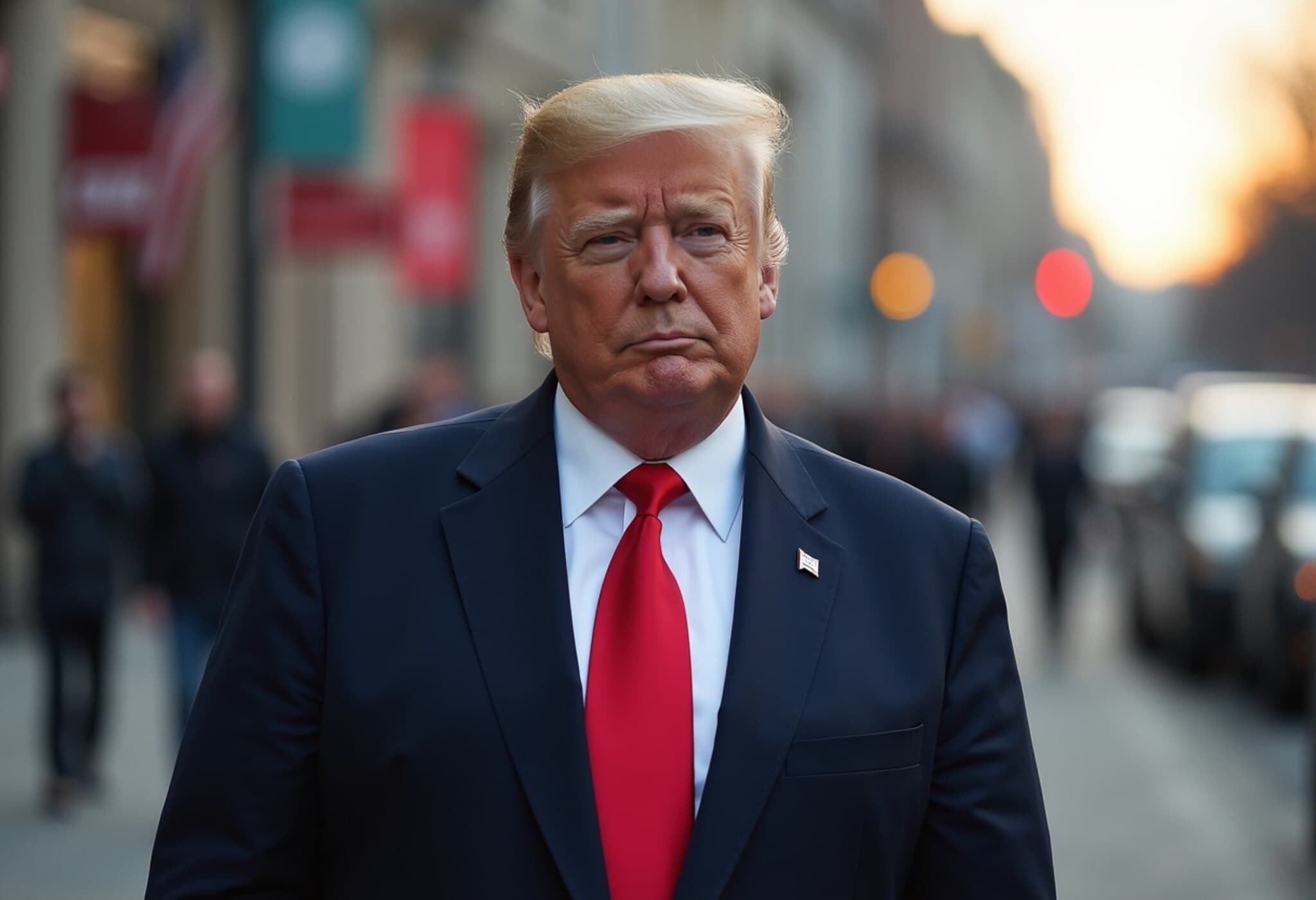Trump Voices Hope for Gaza Ceasefire Resolution Within a Week
On Sunday, former US President Donald Trump conveyed optimism that ongoing negotiations aimed at a ceasefire between Israel and Hamas could be "straightened out" and finalized within the next week. Speaking to reporters, Trump suggested that despite current hurdles, progress remains achievable in the delicate talks to end hostilities that began in October 2023.
Current Ceasefire Proposals and Diplomatic Efforts
The United States has been actively supporting a proposed 60-day ceasefire initiative. This plan outlines phased hostage releases, a partial withdrawal of Israeli troops from Gaza, and a foundation for further talks aimed at a comprehensive peace agreement. Steve Witkoff, Trump’s appointed Middle East envoy, echoed the hopeful tone when he announced plans to engage with senior Qatari officials during the upcoming FIFA Club World Cup final in Teterboro, New Jersey, underscoring Qatar’s pivotal role as a mediator in the conflict.
Why the Talks Remain Fragile
Negotiations have been slow and fraught with tension. A central sticking point involves the extent of Israeli troop withdrawals from Gaza. According to multiple sources, Israel demands guardianship over key parts of Gaza, particularly the southern city of Rafah and certain northern and eastern zones. Hamas has rejected these terms, insisting that Israeli forces retreat to their pre-March 2023 ceasefire lines. This impasse reflects deeper disagreements over territorial control and security guarantees.
An Israeli official characterized Hamas as "stubborn," accusing the group of holding unrealistic demands that hinder cessation efforts. Conversely, Hamas accuses Israel of imposing unreasonable conditions that make peace unattainable. This deadlock extends to hostage negotiations; Hamas insists on a definitive peace agreement before releasing the remaining captives, while Israel demands complete hostage freedom as precondition to ending military operations and calls for dismantling Hamas’s military and governance capabilities.
Contextualizing the Human Toll and Broader Consequences
The conflict ignited on October 7, 2023, when Hamas launched a surprise assault on Israel, resulting in approximately 1,200 Israeli deaths and the abduction of 251 hostages to Gaza. To date, about 50 hostages remain captive, with at least 20 confirmed alive.
In response, Israeli military actions have led to catastrophic casualties within Gaza, with health authorities reporting over 57,000 Palestinian deaths and widespread displacement of nearly the entire Gaza population of more than 2 million residents. The ongoing hostilities have cemented one of the most severe humanitarian crises of recent decades, with international agencies warning of deteriorating living conditions, infrastructural collapse, and urgent medical needs.
Expert Insights: Navigating an Intractable Conflict
Experts on Middle East diplomacy suggest that while optimistic rhetoric like Trump’s may boost morale among negotiators, substantive breakthroughs require addressing fundamental issues—sovereignty, security guarantees, and the fate of hostages. The stubbornness on both sides stems from profound fears: Israel’s insistence on security and dismantling Hamas, versus Hamas’s demand for recognition and territorial integrity.
The United States’ role as mediator is crucial but fraught with complexity. Political dynamics within Washington and regional influences, including Qatar’s mediation and interests from Iran and Egypt, shape the negotiation landscape. Without tangible confidence-building measures and incremental agreements, the peace process faces risks of further stalemate or escalation.
The Road Ahead: Challenges and Opportunities
- Hostage Negotiations: Releasing captives remains a pivotal and emotionally charged issue that complicates ceasefire efforts.
- Territorial Control: The demand over surrender or retention of Gaza territories poses existential questions for both sides.
- Humanitarian Imperatives: International pressure is mounting to grant relief to civilians suffering amidst conflict.
- Political Will: Lasting peace hinges on leadership readiness to compromise amid entrenched narratives.
As the world watches, the coming week may prove critical in determining whether diplomatic channels can bridge these divides or if hostilities will persist, deepening the region’s scars.
Editor’s Note
This evolving saga highlights the nuanced complexity of Middle East peace efforts, where human lives, geopolitical strategies, and deep-rooted grievances intersect. Trump's optimism offers a hopeful narrative but also challenges us to critically evaluate the readiness of all parties for meaningful compromise. Readers should consider the broader implications beyond immediate headlines—how international diplomacy, regional politics, and human stories intertwine to shape the prospects for peace or continued conflict.

